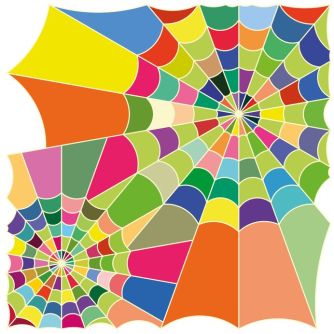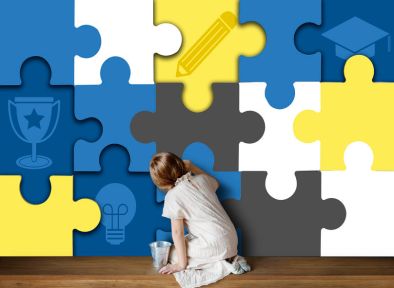Every ten years or so, a new curriculum for basic education is published in my country, México. Usually, the document, hundreds of pages long, is announced with great fanfare.
It’s hard, if not impossible, to keep up with the pace of our world nowadays. Unfortunately, even before the ink of the newest curriculum dries, it is already outdated, irrelevant, or both.
If I had the unlikely power to change the school curriculum, I would try to design the curriculum that changes itself.
The curriculums I have known are completely sequenced, lineal and mostly fixed. There is very little room, if any, to take exciting detours towards student’s interests.
My curriculum would be based on passion projects, aimed at gaining knowledge and abilities, but also at discovering whatever fires a student’s heart. Enlightening the mind would be hand in hand with caressing the spirit. Each child or teenager would have the liberty and responsibility of choosing his or her own educational path. The passion projects would give them the basics of many subjects, from reading to math to arts to science, and tease them to come get more. Instead of the lineal ladder, we would see a capricious web with many lines, different for each student. All would start at the center, the core of the web, but move outwards in many directions, even taking jumps and turns.

The curriculum would be huge, but only to accommodate the diversity of student’s interests. It would not be expected from anyone to cover it whole. You could easily go in depth to a subject that called you and cover the ones which did not in a more superficial way.
Four core elements would guide the flow, but they are not to be confused with “subjects”: Technology, Global Citizenship, Thinking Skills and Reading.
Technology would be the platform, the rocket that carries content. It would not be the teacher or the content itself. Technology – even great technology – will not replace teachers, good or bad. But it will certainly change the way we teach.
As we continue to evolve into a kind of worldwide school, Global Citizenship is a must to guide our students into the hyper connected and multi demanding society we are already immersed in. Religious tolerance, gender equality, inclusion, respect for diversity, responsible use of our resources, and yes, knowledge and caring about the world’s most pressing problems –both global and local- are far more important than, say, memorize the date in which Columbus arrived to America (something Dr. Google could easily drop in).
That brings us to critical thinking skills. Knowledge remains being very important – but along with it, the ability to tell the truthful from the inaccurate. Google indeed has all the answers: including many wrong or biased ones. You don’t need to know everything, but you must know where and how to find the reliable information you need.

Tomorrow, children will have to constantly reinvent themselves to keep up with the challenges of this fourth industrial revolution. Therefore, autodidacts are in demand. If you want lifelong learners, you need lifelong readers. Our school systems have been somewhat successful in developing people that can read – but not into developing readers. There is something completely wrong about that – and we need to find solutions now.
Is this proposed curriculum a utopia? It might well be.
But hey, I’m just a teacher.
As part of C.M. Rubin’s Top Global Teacher Bloggers, this is my response to this month’s question: Do you believe curriculum needs to be more relevant for a 21st century world? If you had the power to change the school curriculum, what would you change?
Photo credits:
Copyright: rawpixel / 123RF Stock Photo
Copyright: attaphong / 123RF Stock Photo